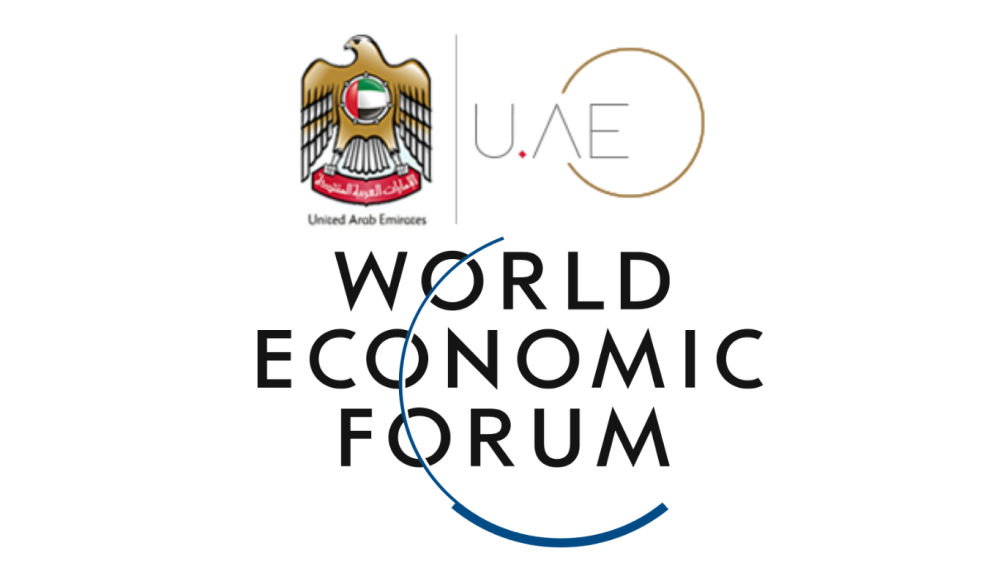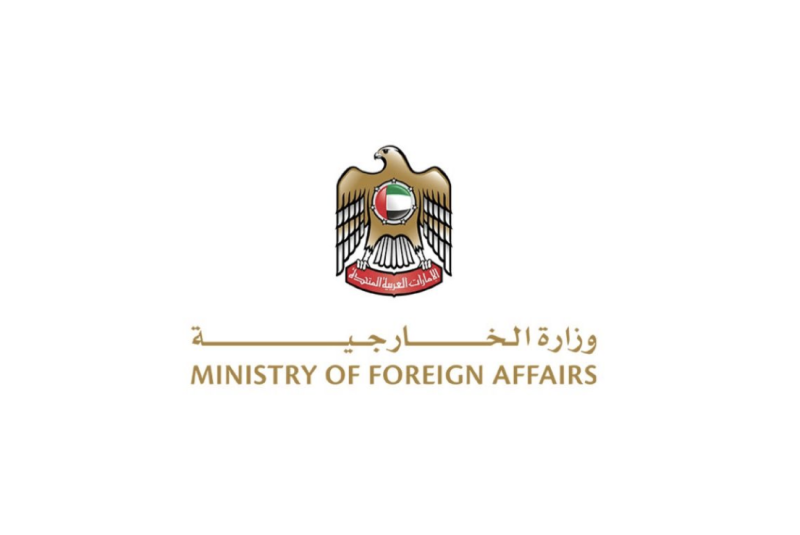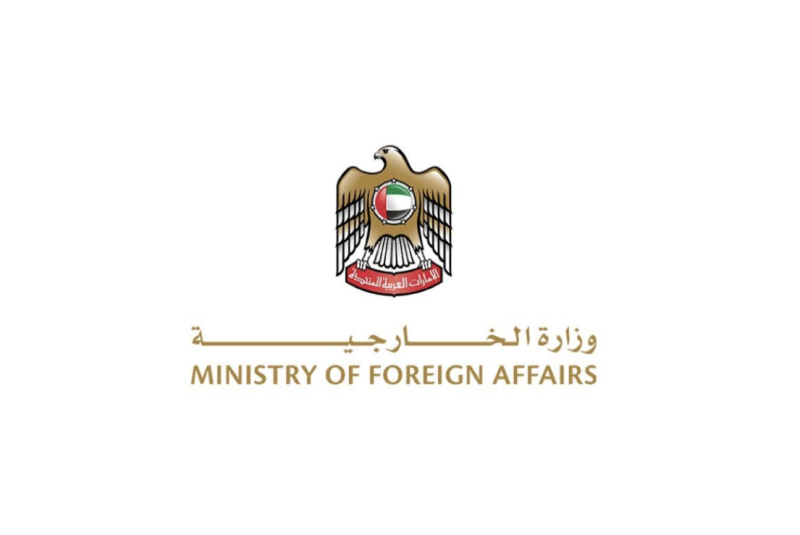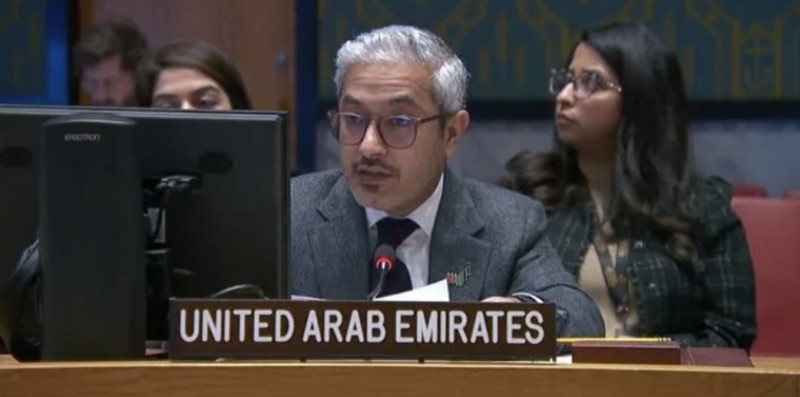UAE Government and WEF share common vision for building better future: Al Gergawi


Mohammad Abdullah Al Gergawi, UAE Minister of Cabinet Affairs, Co-chair of the Global Future Councils, confirmed that the UAE government and the World Economic Forum (WEF) share a common vision for building a better future for global societies, underpinned by two decades of cooperation between the UAE and WEF.
Al Gergawi was speaking during the opening of the Annual Meeting of the Global Future Councils 2023, in the presence of Mirek Dušek, Managing Director of the World Economic Forum, as well as senior officials from WEF and the UAE government.
The event, which is hosted in Dubai from 16th-18th October, will gather around 600 government officials, entrepreneurs, experts, and futurists from around the world to address some of the largest questions facing humanity.
Al Gergawi said: “The UAE government and the World Economic Forum share a common vision to contribute to building a better future for humanity, as well as a passion to address the major questions facing our societies.”
He noted that what distinguishes humans from machines is that “humans continue to ask bigger questions, and they are committed to shaping the future as well as taking the next big step for humanity”.
He said, “Future building is fueled by the innate human ability to relentlessly pursue curiosity. The Global Future Councils will enable us to answer new questions in areas such as digital transformation, geopolitical and climate changes, economic and social transformations, space, and advanced science and technology.”
During his opening keynote, Al Gergawi addressed three main questions currently facing societies, including around the future of justice and equality in light of widening economic and technical gaps.
He touched on the exacerbation of technical gaps in light of the artificial intelligence boom, and noted how 37 percent of the world’s population, or about 3 billion people, are unable to access the Internet.
He also spoke about the importance of protecting the planet for future generations, describing how existential questions are linked to questions on new energy and new economies.
“Humanity may face the challenge of more than 1.5 billion people seeking refuge due to the climate by 2050, and may incur economic losses exceeding $32 trillion by 2050, if the climate issue is not dealt with,” he said.
He said COP28, taking place in the UAE this year, will “contribute significantly” to answering some of humanity’s questions on climate.
Al Gergawi also raised the question of how to design the best model of governance to adapt to future challenges in digital transformation, climate, and economies.
“The COVID-19 pandemic taught the world that the difference between effective and non-effective governments is in their ability to deal with crises with agility, wisdom and humanity,” he told the audience.
He added, “History has taught us that the price of failure in governance is huge and can extend for generations. Some studies indicate that the cost of government failure is no less than 5 times the level of the countries’ GDP before their failure. Our question lies in how to re-engineer policymaking and make a radical shift in strategic planning.”
In January 2023, the UAE government and WEF signed a partnership to organize the Global Future Councils Annual Meeting. It marked a milestone in the partnership between the UAE government and WEF.
Since 2008, the Global Future Councils have brought together more than 12,000 participants from 100 countries, in about 900 councils to discuss the future of the sectors impacting human life.

AbuDhabi -- The United Arab Emirates has welcomed the agreement signed in Muscat, Oman, on the exchange of prisoners and detainees in Yemen, descri…

AbuDhabi -- The United Arab Emirates has expressed its sincere condolences and solidarity with the State of Libya over the death of Lieutenant Gene…

Abu Dhabi — The United Arab Emirates reaffirmed its support for Sudan’s transition to a civilian-led government free from extremist inf…